Its concepts instantly became one of the central pillars of my minimalist philosophy. And it helped define for me a whole arena of minimalism… as well as better understand other aspects of it because it stood in such stark contrast.
Prior to reading Essentialism, it seemed like core of minimalism was about owning fewer things. While I agree that consumerism has gotten out of hand, I also appreciate how well designed objects can improve one's life. Or simply be a joy to own and use. Typically, when I need a product, I look for the ideal thing, which is what led me down the path of making my own thin wallet. As it happened, I felt that the ideal wallet would not be bulky. But did that make me a minimalist?
Instead, McKeown describes a mindset of intentional simplicity that, once internalized, can spread to all areas of your life. In other words, you may feel some relief from tidying up. Or reclaim some time by giving up a high pressure job you have in order to afford nice stuff. But changing these external factors may not be as effective as truly examining your life from within. And that begins with time.
"To harness the courage we need to get on the right path, it pays to reflect on how short life really is and what we want to accomplish in the little time we have left."
He posits that there are 3 fallacies which construct the mental model by which most of us live our lives...
- I have to
- It's all important
- I can do everything
Simple but not easy
As we all know, saying no is difficult. And one of the things I like about Essentialism is that it goes into great detail about strategies you can use to implement his concepts. Many books paint a picture of a better alternative, spend time convincing you of that, but leave you feeling like you don’t have a path to get there. Instead McKeown briefly tells you where you’re going, but spends most of the book walking you through the process and mindset step by step, including real world examples. He handles all the objections you may subconsciously raise as you go (job, boss, family, etc.) until you realize that the only reason your mind raises the objections is that it’s internalized the fallacies so deeply. To combat the fallacies, he proposes replacing them with these Essentialist Core Truths:
- Choice (I choose to.)
- Discern (Only a few things really matter.)
- Trade-offs (I can do anything but not everything.)
Execution
To put this new worldview into action, he proposes several granular tactics in the execution phase of the book. And he references several tools and practices developed by others and connects them to his framework so you can understand exactly how to make use of them.“Once you've figured out which activities and efforts are essential in your life, you need to have a system in place for executing them."
- Buffer
- He cites the Planning Fallacy- Daniel Kahneman to recommend adding 50% to whatever estimated time commitments you may have -
- Flow
- Mihaly Csikszentmihalyi explores how creative people use routines to free up their creativity
- Habit
- Leveraging the Cue, Routine, Reward cycle as explored by Charles Duhigg in The Power of Habit
Focus
McKeown dedicates a whole section to Focus where he digs into the possibilities of what it can be like to do work while concentrating on one thing at a time.
"I noticed my breathing. Then without conscious intent I found it slowing. Suddenly time itself felt as if it was moving slower...Getting my work done not only became more effortless but actually gave me joy."
This "suspension of distraction" is the effect I'm trying to achieve with my latest project Focus Timer... where the device enhances awareness and paradoxically both measures time and makes the user feel as if it's also created more time and space for them to do their work.
Essentialism is not Enough
The book is great at carving out huge swaths of open area in your mind about what’s important. And if you put the practices into action, you’ll have the skills to protect your time like never before. But having lived in such a distracted state for so long, you may find it difficult to actually make the most of that time. That’s where Deep Work by Cal Newport comes in…The two books complement each other well: Essentialism provides a philosophical framework for minimalism and Deep Work helps you focus.
It's like like McKeown leads you to a monastery and Newport teaches you to meditate... training your brain to actually concentrate and use that time effectively.
Being
While there are many takeaways in this book that range from philosophical concepts to practical tips, the most impactful part for me came at the end where he brought it all together into a subtle insight... that at its core, Essentialism is more about being than doing. If this sounds a bit fluffy, it's likely because I'm not doing justice to the narrative journey he brings you on for 246 pages.
But to try and summarize, you don't start doing essentialist things in your life to achieve some benefit (like getting more things accomplished). Instead, through the practice of integrating the essentialist mindset into your natural way of moving through the world, that lens shapes your experience... and you do things in an "Essentialist" way as a byproduct. (And will probably get more done in the end and be happier while doing it.)
"There is a big difference between a non-essentialist who occasionally engages in essentialist practices. And an essentialist who occasionally engages in non-essentialist practices."
Today Essentialism is not just something that shapes how I do things, but a mindset I continually try to embody. Whether you've already read it, plan to delve into it more, or just picked up a few tips from this post, I hope you've found it useful! I'd love to hear about your experience with Minimalism and Essentialism as well.
*There is no affiliate relationship with this product and the link goes directly to the author's home page.

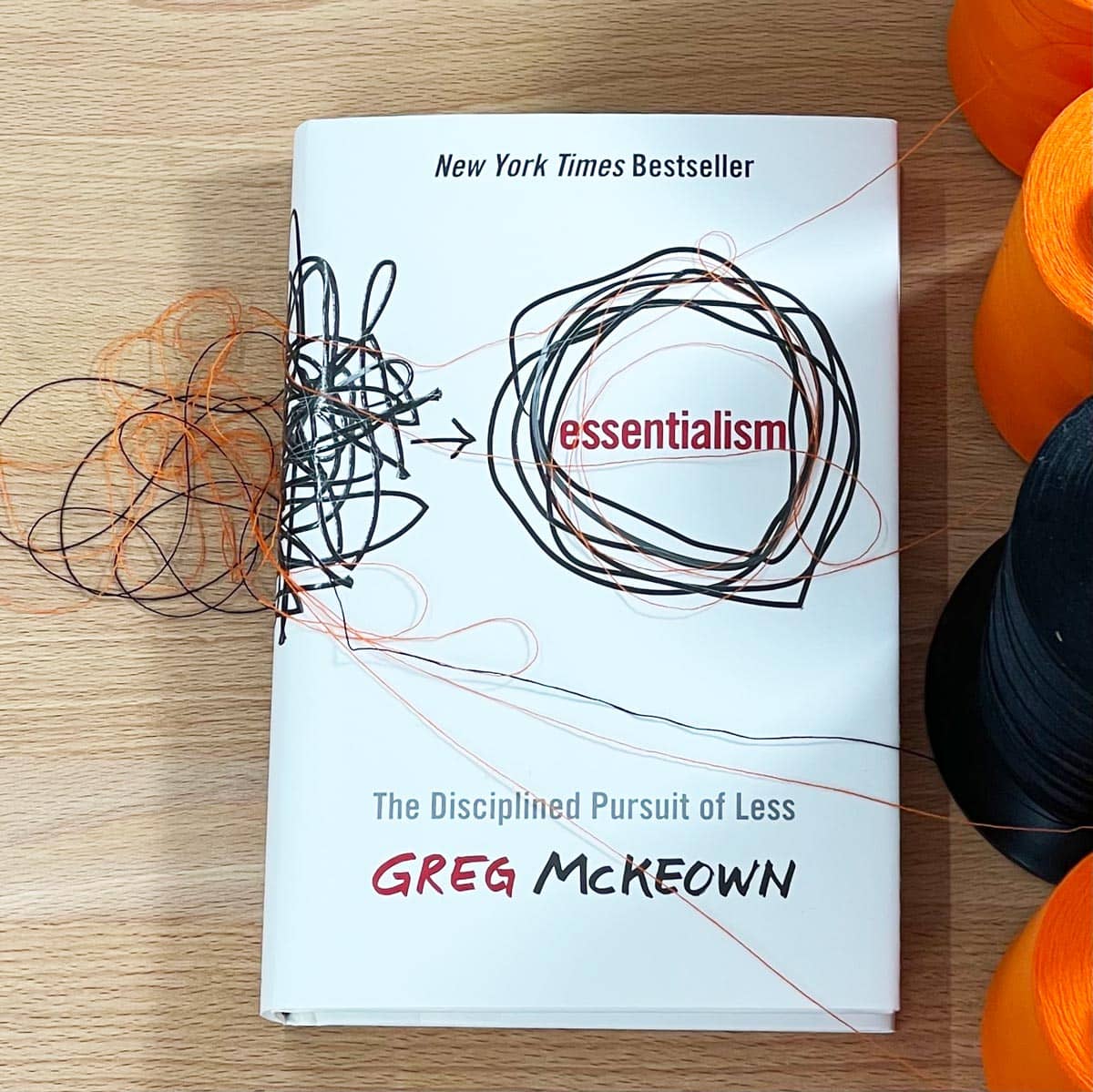
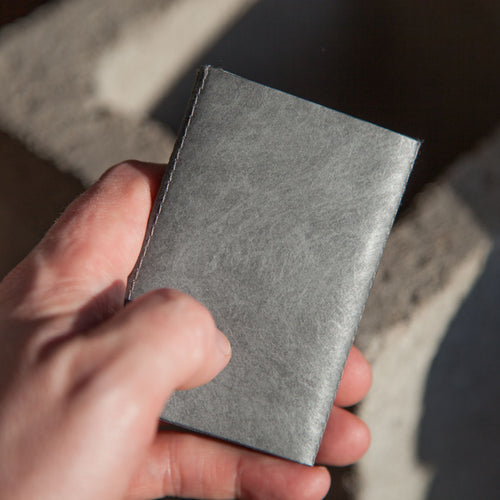
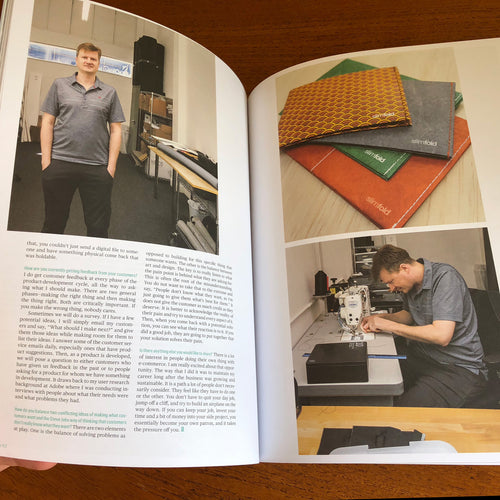
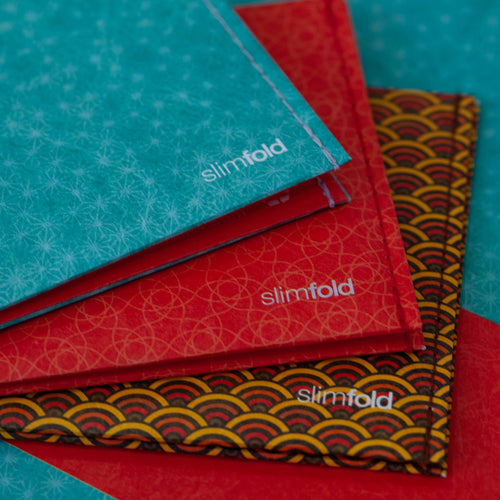
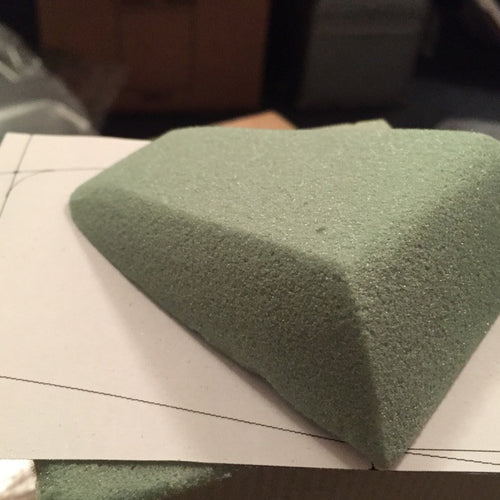
0 Comments